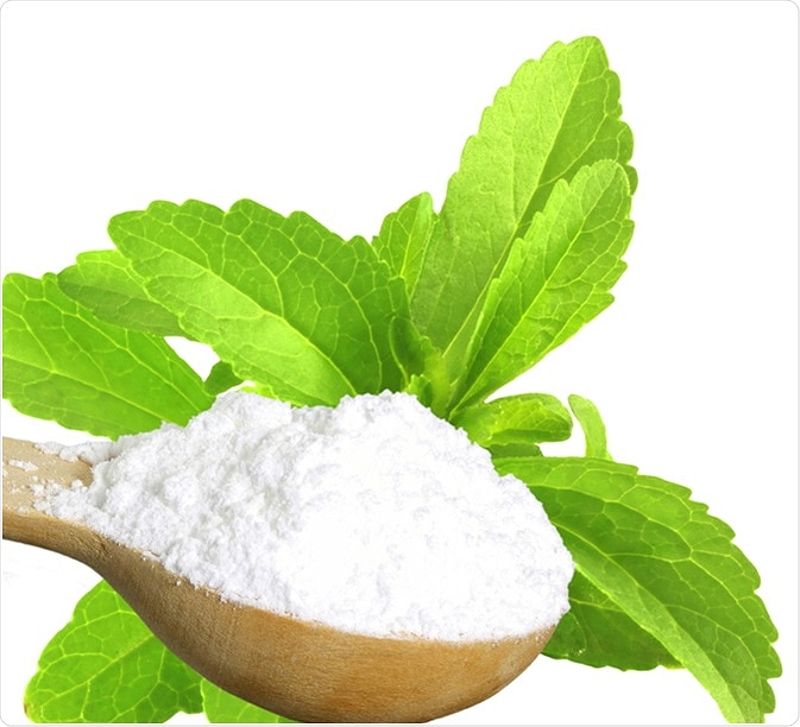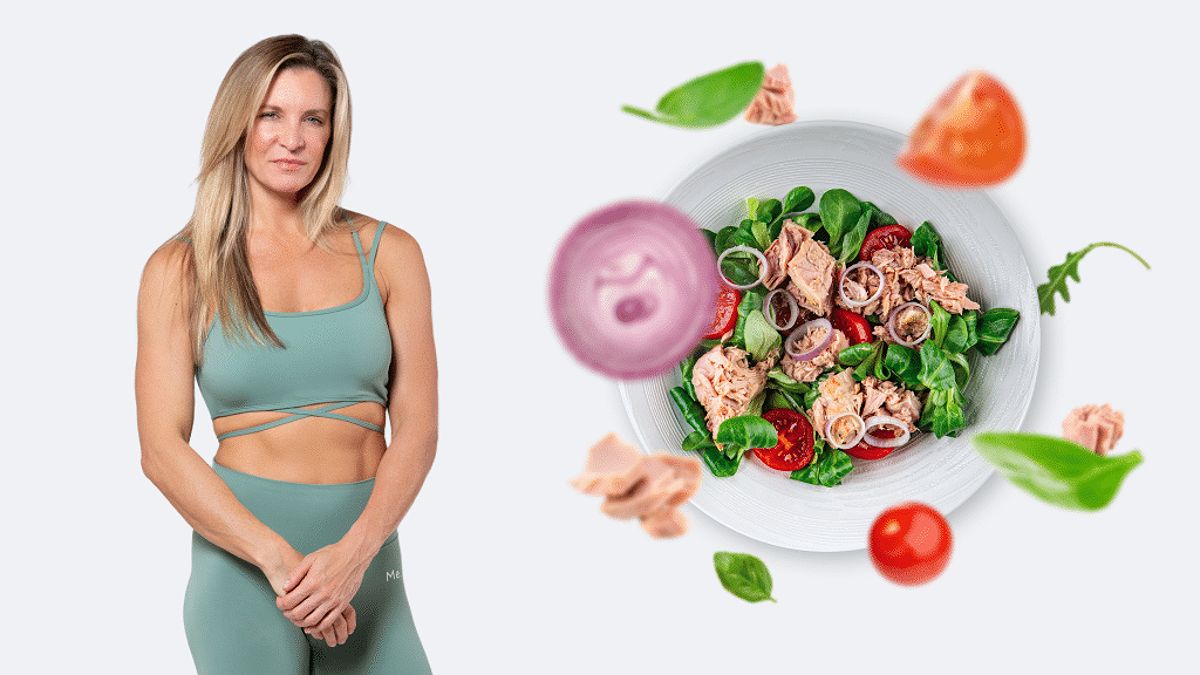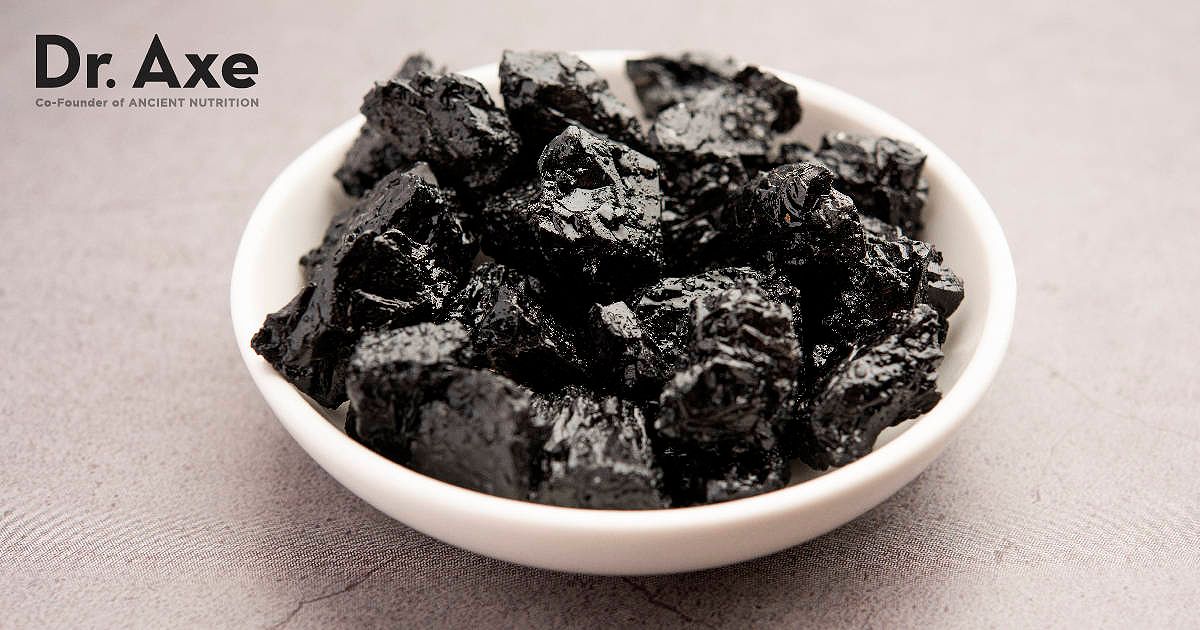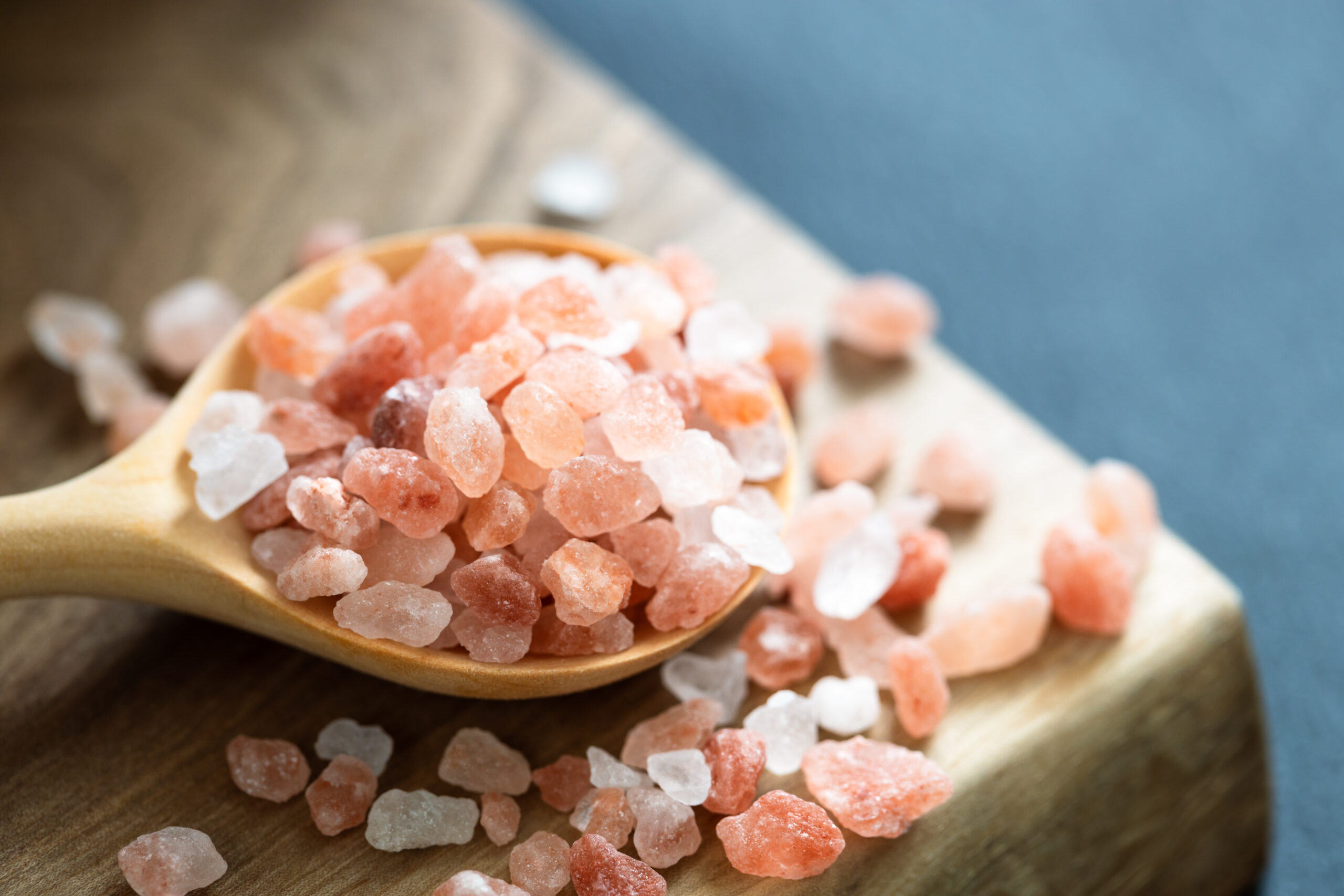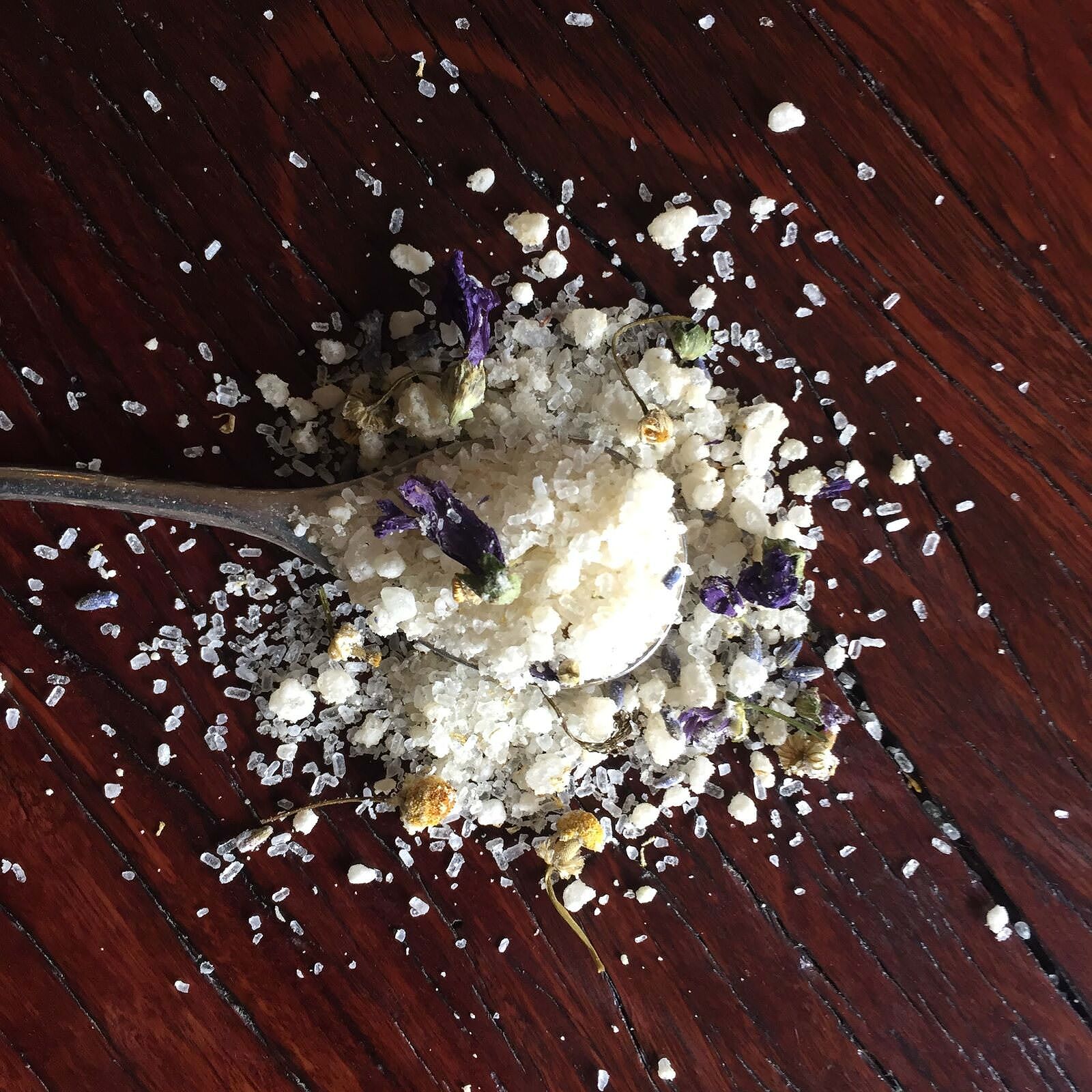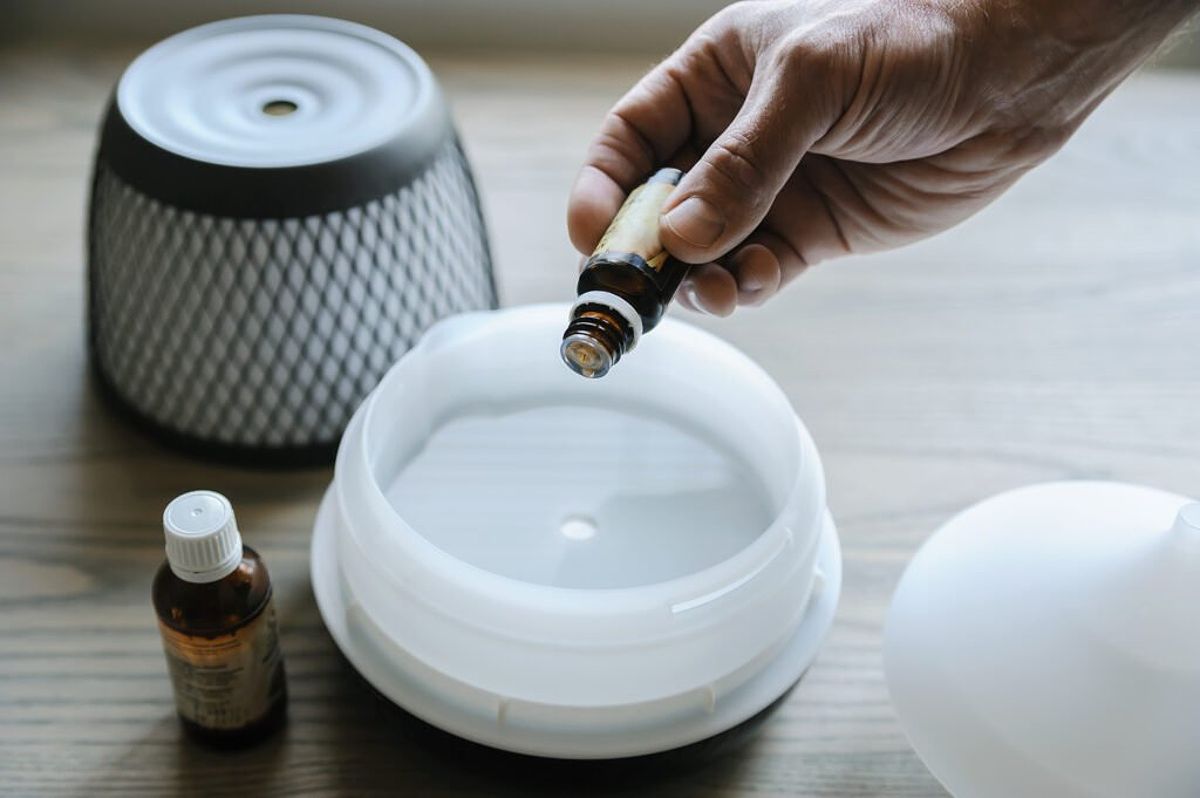Natural Sweeteners To Replace Sugar: A Guide For Health-conscious Bakers
I used to think that baking without sugar meant sacrificing flavor. But as I became more aware of the impact of refined sugar on my health, I started exploring natural sweeteners. The journey of finding delicious and healthy alternatives has been exciting, and I’m eager to share what I’ve learned with other bakers who are looking for ways to enjoy their favorite treats without the downsides of traditional sugar. This article will explore natural sweeteners to replace sugar, offering insights and recipes to help you create healthier and equally delicious baked goods.
Understanding the Downsides of Refined Sugar
Refined sugar has been a staple in kitchens for generations, yet its negative effects on health are becoming increasingly clear. This sweet ingredient is linked to a plethora of health issues that many of us would rather avoid. Consuming excessive amounts of refined sugar can raise the risk of chronic diseases such as type 2 diabetes, heart disease, and even certain cancers. Not to mention, it’s a significant contributor to weight gain and obesity, often sneaking into our diets in ways we don’t even realize.
Did you know that the average American consumes over 60 grams of added sugar daily? That’s more than double the recommended limit of 25-36 grams! This staggering statistic highlights the urgent need for alternatives. Refined sugar not only impacts our waistlines but also wreaks havoc on our dental health and can lead to inflammation and oxidative stress. It’s clear that finding natural sweeteners to replace sugar is not just a trend; it’s a necessity for a healthier lifestyle.
Exploring Natural Sweeteners to Replace Sugar: A Spectrum of Options
The good news is that as the demand for healthier baking options surges, the market is brimming with natural sweeteners that can satisfy our sweet cravings without the guilt. Each sweetener offers unique flavors and benefits, allowing you to tailor your baking to your preferences and dietary needs.
Stevia: The Zero-Calorie Wonder
Let’s kick things off with stevia, a powerhouse in the world of natural sweeteners. Derived from the leaves of the stevia plant, this zero-calorie wonder has taken the baking community by storm. It’s particularly popular among those who are mindful of their blood sugar levels since it doesn’t cause spikes like traditional sugar.
Stevia is incredibly versatile, seamlessly blending into a variety of baked goods without altering the texture or flavor. When substituting stevia for sugar in your recipes, use 1 teaspoon of liquid stevia or about 1/3 to 1/2 teaspoon of powdered stevia for each cup of sugar. It’s a great way to indulge without the calories!
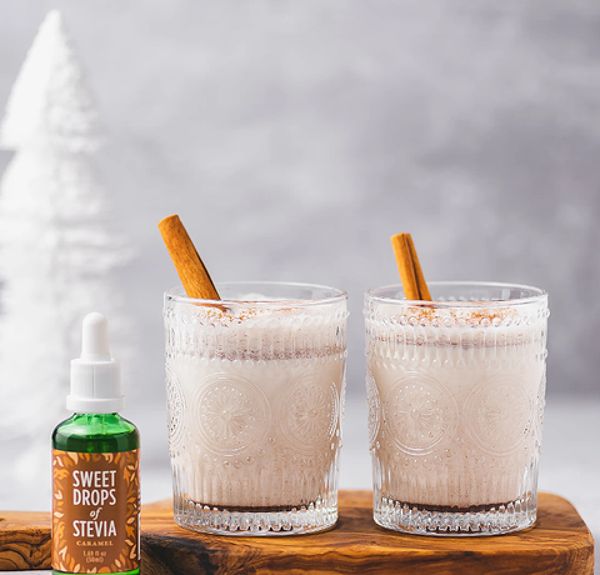
Erythritol: A Sugar Alcohol with Minimal Impact
Next up is erythritol, a sugar alcohol that has made its mark as a low-calorie alternative. It provides a sweetness comparable to sugar but with a fraction of the calories and minimal impact on blood sugar levels. One of the best parts? Erythritol has no unpleasant aftertaste, making it a favorite among health-conscious bakers.
For those looking to replace sugar with erythritol, the substitution is simple: use 1 1/4 teaspoons of erythritol for every teaspoon of sugar, or about 1 1/3 cups of erythritol for each cup of sugar. Plus, it’s tooth-friendly, which is a bonus for anyone who loves their sweets!
Honey: A Natural Sweetener with Antioxidant Power
Now let’s talk about honey, a time-honored sweetener with a rich history and a wealth of benefits. Not only does honey provide a unique flavor profile that can elevate your baked goods, but it’s also packed with antioxidants and has antimicrobial properties. It’s a natural choice for anyone looking to enhance their recipes with health benefits.
When you decide to use honey as a sugar substitute, keep in mind that it’s sweeter than sugar. The recommended ratio is 2/3 cup of honey for every cup of sugar. Just remember that honey can add extra moisture to your recipes, so you might need to adjust other liquid ingredients accordingly.
Maple Syrup: A Rich and Flavorful Alternative
Ah, maple syrup! This beloved sweetener is not just for pancakes; it’s a fantastic addition to baked goods as well. Derived from the sap of maple trees, it boasts a rich flavor and a variety of minerals and antioxidants. Maple syrup may even offer some heart health benefits, making it a delicious and nutritious choice.
When substituting maple syrup for sugar, use 3/4 cup of maple syrup for every cup of sugar. Just be mindful that it can contribute additional moisture, so you might need to tweak your recipe’s liquid content. The result? A delightful flavor that will have your taste buds singing!
Agave Nectar: A Sweet and Versatile Option
Agave nectar, extracted from the agave plant, is another versatile option that has gained popularity due to its lower glycemic index compared to traditional sugar. This sweetener is ideal for those aiming to manage their blood sugar levels without sacrificing sweetness.
When using agave nectar in your recipes, the suggested ratio is 3/4 cup of agave nectar for every cup of sugar. While it has a lovely sweetness, be aware that it’s high in fructose, which can lead to blood sugar spikes if consumed in excess.
Coconut Sugar: A Nutrient-Rich Choice
Last but certainly not least, we have coconut sugar. This natural sweetener, derived from the sap of coconut palms, offers a unique caramel-like flavor along with a lower glycemic index than refined sugar. It’s also packed with vitamins, minerals, and antioxidants, making it a more nutritious option for health-conscious bakers.
The beauty of coconut sugar is its 1:1 substitution ratio for regular sugar, making it easy to incorporate into your favorite recipes. Just be prepared for a slightly different flavor profile that can add depth to your baked creations!
Tips for Successful Baking with Natural Sweeteners
When it comes to baking with natural sweeteners, a few practical tips can make all the difference. Understanding the unique properties of each sweetener is crucial; they can affect the texture and consistency of your recipes in various ways. Here are some tips to keep in mind:
-
Experiment with Ratios: Each natural sweetener has a different level of sweetness. Don’t be afraid to experiment with the quantities to find your sweet spot!
-
Adjust Liquid Content: Ingredients like honey and maple syrup add moisture, so you may need to reduce other liquids in your recipe to maintain the right consistency. Conversely, sugar alcohols like erythritol can have a drying effect, so consider adding extra wet ingredients.
-
Monitor Baking Times: Some sweeteners, especially honey and maple syrup, can caramelize or intensify in flavor when exposed to heat. Keep an eye on your baked goods to avoid over-browning.
-
Mix and Match: Don’t hesitate to combine different sweeteners to achieve the perfect balance of flavor and texture. For instance, a blend of stevia and erythritol can provide a versatile sweetness that holds up well under heat.
-
Proper Storage: Store your natural sweeteners properly to maintain their quality. Keep them in airtight containers in a cool, dry place to prevent clumping or spoilage.
Delicious Recipes Using Natural Sweeteners
Ready to roll up your sleeves and get baking? Here are some delightful recipes that showcase the versatility of natural sweeteners:
-
Stevia-Sweetened Muffins: Whip up a batch of fluffy muffins using stevia for a guilt-free treat that’s perfect for breakfast or a snack.
-
Low-Glycemic Cookies with Erythritol: These cookies are a crowd-pleaser, offering a sweet crunch without the sugar rush.
-
Honey-Infused Bread: Enjoy the warm, comforting flavors of homemade bread lightly sweetened with honey.
-
Maple Syrup-Glazed Pancakes: Elevate your brunch game with pancakes drizzled in rich maple syrup—deliciously decadent!
-
Coconut Sugar Cake: Indulge in a moist cake made with coconut sugar, adding a unique flavor twist that’s sure to impress.
FAQ
Q: Are natural sweeteners safe for everyone?
A: While natural sweeteners are generally considered safer alternatives to refined sugar, it’s important to consult with a healthcare professional, especially if you have underlying health conditions or are on medication. Some individuals may have sensitivities or allergies to certain sweeteners.
Q: Can I use natural sweeteners in all my baking recipes?
A: You can use natural sweeteners in a variety of recipes, but it’s crucial to consider their unique properties and adjust quantities accordingly. Some recipes may require specific sweetener ratios to achieve the desired texture and flavor.
Q: How do I know which natural sweetener is best for me?
A: The best natural sweetener for you depends on your taste preferences, dietary needs, and health goals. Experiment with different options to find the one that aligns best with your lifestyle.
Q: Where can I buy natural sweeteners?
A: Natural sweeteners are widely available at most supermarkets, health food stores, and online retailers. Look for reputable brands that prioritize quality and sustainability.
Q: Are natural sweeteners more expensive than refined sugar?
A: While some natural sweeteners may have a higher upfront cost, their potential health benefits and lower impact on blood sugar can make them a worthwhile investment for health-conscious bakers.
Conclusion
As we navigate the journey toward healthier baking, embracing natural sweeteners to replace sugar is a vital step in creating a more wholesome culinary experience. From the zero-calorie magic of stevia to the rich, antioxidant-packed goodness of honey, the options are plentiful and diverse.
By understanding the unique properties and baking ratios of these natural alternatives, we can transform our favorite recipes into healthier, yet equally delightful, creations. So, why not dive into the world of natural sweeteners? Your taste buds and your body will thank you for it! Let’s keep exploring, experimenting, and enjoying the sweet side of life—without the guilt!
MORE FROM animalswik.com

